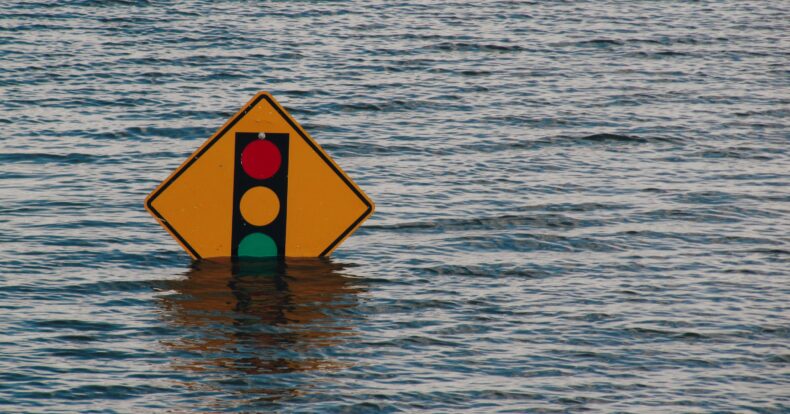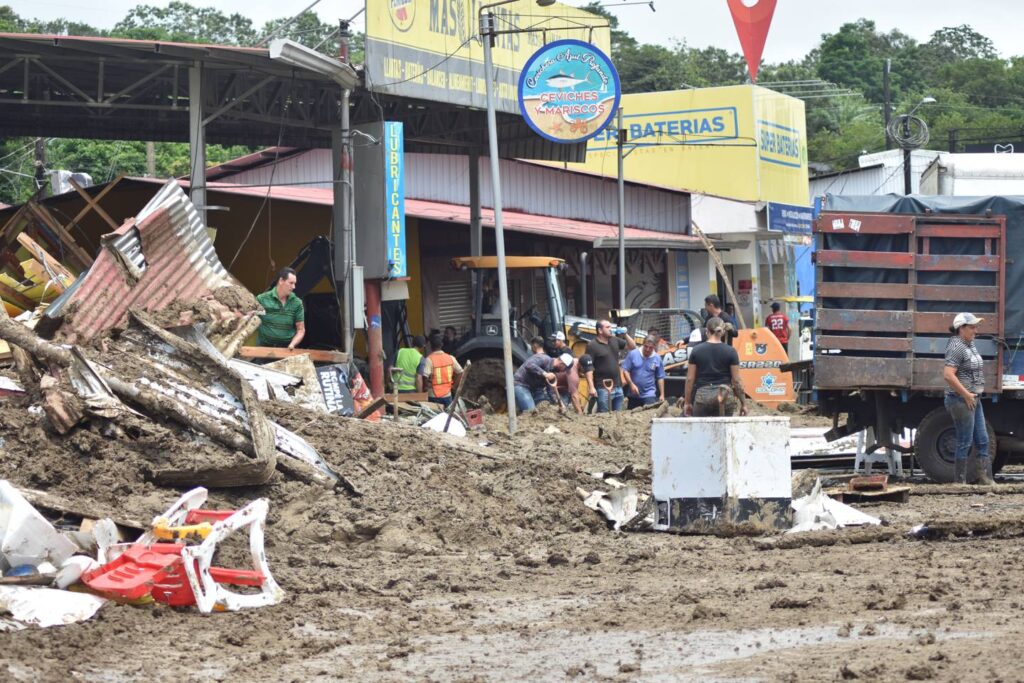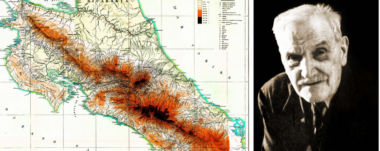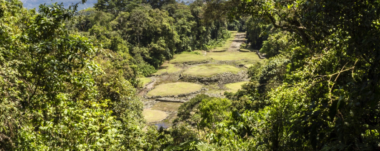National emergency: what is happening in Aguas Zarcas?

July was a month of emergency for the community of Aguas Zarcas. Find out more about the events that affected this territory here.
During the weekend of July 15-16, heavy rains occurred in northern Costa Rica, specifically in the mountains of the Juan Castro Blanco Water National Park.
The rains caused the landslide of approximately 40 hectares in the area, recently the largest in the northern part of the country.
Stones, large rocks and trees fell and were swept away by the water. All this material covered 8 kilometers of the Aguas Zarcas River from the point of origin to the community of the same name.
A member of the National Emergency Commission (CNE) commented on the fact that the communities would not be at risk. This was said because the landslide occurred in “virgin forest” and the flow of materials remained in an area not suitable for building houses.
The Aguas Zarcas community

Aguas Zarcas in the fourth district of the canton of San Carlos, Alajuela. This town is located in the volcanic field of Aguas Zarcas, meaning that around there is a hill and 8 hills that are the volcanic cones of this field.
Due to its geographic condition, the landslide was of natural cause and resulted in large avalanches and floods, which have been the protagonists of the news in recent days.
Although the CNE emphasized that the surrounding communities would not suffer any damage, the reality turned out to be very different.
In fact, the heavy avalanches caused the destruction of structures, lost crops, the eviction of local people from their homes, etc.
The community of Aguas Zarcas has been affected by the natural disaster. Some of the victims have made their complaints known. For them, the municipal authorities have not provided enough help to cope with the situation.
On some occasions, it has been the inhabitants of the region themselves who have taken on the task of rescuing objects that are important to them from the rubble. Also, the mayoress is reproached for not having cooperated in the emergency and the city council for limiting itself to removing the mud and making the road ready.
Considering that the weather will be changing due to climate change and that we can most likely expect more disasters like this one, we could ask ourselves the question: Is Costa Rica ready to face a national emergency and provide aid to those affected?
Sensorial Sunsets
Navigate articles




